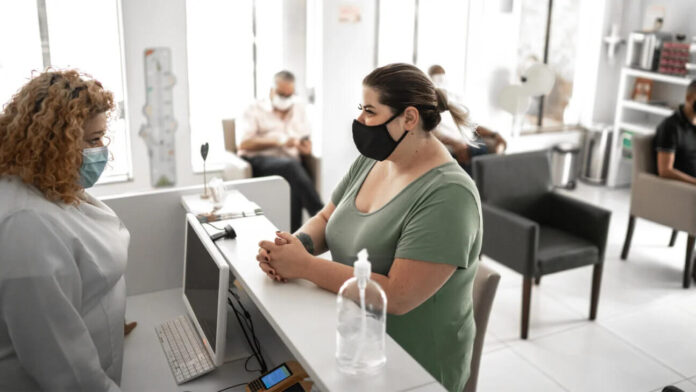Navigating STD testing services in Chicago can be overwhelming, but having a comprehensive guide can help individuals make informed decisions about their sexual health. This guide offers a detailed overview of STD testing services available in Chicago, including where to get tested, what types of tests are offered, how to prepare for testing, and what to expect during and after the testing process. By understanding the options available and taking proactive steps to prioritize sexual health, individuals can protect themselves and their partners from sexually transmitted infections.
1. Types of STD Testing Services
To accommodate a wide variety of requirements and preferences, a number of healthcare institutions and clinics in Chicago provide a selection of sexually transmitted disease (STD) testing services. These services may include testing for sexually transmitted diseases that are very widespread, such as chlamydia, gonorrhea, syphilis, HIV, herpes, and hepatitis. Individuals can have access to a variety of testing procedures, such as blood tests, urine tests, swab tests, and fast tests, depending on the institution that they are visiting.
In addition, some clinics can provide complete screening panels that test for numerous infections at the same time, so offering a more thorough evaluation of the sexual health condition of the patient.
2. Where to Get Tested
In Chicago, individuals seeking STD testing can access a variety of reliable and professional STD testing Chicago services. These services are strategically located throughout the city, ensuring accessibility and convenience for all residents. Whether visiting a local clinic, community health center, or specialized STD testing facility, individuals can find a range of options to suit their needs.
Additionally, many healthcare providers and medical practices in Chicago offer STD testing as part of their comprehensive services, providing individuals with access to trusted care. By exploring the diverse array of STD testing services available, individuals can take proactive steps toward safeguarding their sexual health and well-being.
3. How to Prepare for Testing
Preparing for STD testing involves taking certain steps to ensure accurate and reliable results. Before getting tested, individuals should abstain from urinating or ejaculating for at least one to two hours to ensure an adequate urine sample for testing.
Depending on the type of test being conducted, individuals may need to avoid certain activities, such as brushing their teeth, using mouthwash, or eating or drinking, to prevent contamination of oral fluid samples. It’s also essential to disclose any relevant medical history, current symptoms, or recent sexual activity to healthcare providers to inform the testing process effectively.
4. What to Expect During Testing
During STD testing in Chicago, individuals can expect to undergo a straightforward and confidential testing process administered by trained healthcare professionals. The testing procedure can vary depending on the type of test being conducted and the healthcare facility’s protocols.
Typically, individuals will provide a blood, urine, or swab sample, which will be collected by a healthcare provider using sterile techniques. Some clinics can offer rapid testing options that provide results within minutes. In contrast, others can require samples to be sent to a laboratory for analysis, with results available within a few days to a week.
5. After Testing: Interpreting Results and Follow-Up Care
After undergoing STD testing in Chicago, individuals will receive their test results and have the opportunity to discuss the findings with a healthcare provider. Negative test results indicate that no evidence of infection was found at the time of testing, but individuals should continue practicing safer sex and undergo regular testing for ongoing protection.
Positive test results indicate the presence of an infection, and individuals should seek medical care promptly for further evaluation, treatment, and partner notification. It’s essential to follow healthcare providers’ recommendations for follow-up care and adhere to treatment regimens to promote recovery and prevent complications.
Conclusion
Accessing STD testing services in Chicago is crucial for maintaining sexual health and well-being. By understanding the types of testing services available, knowing where to get tested, preparing effectively for testing, knowing what to expect during testing, and interpreting results accurately, individuals can navigate the testing process with confidence and peace of mind.
Prioritizing regular STD testing, open communication about sexual health, and proactive steps to prevent STI transmission can contribute to healthier communities and improved overall well-being in Chicago and beyond.



